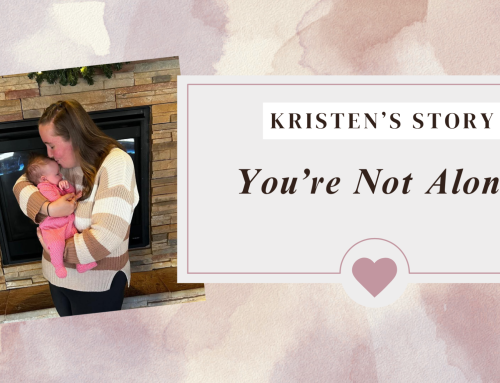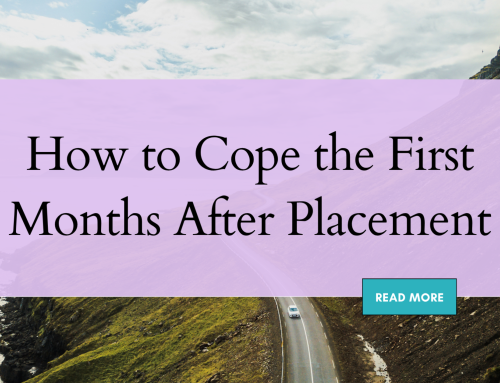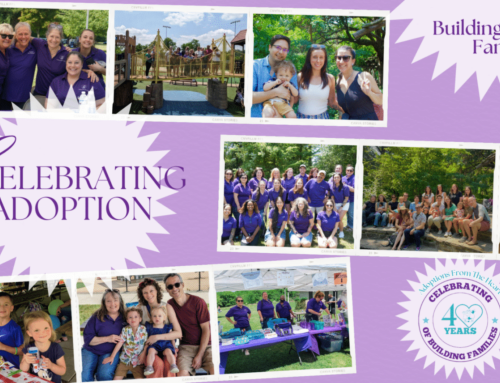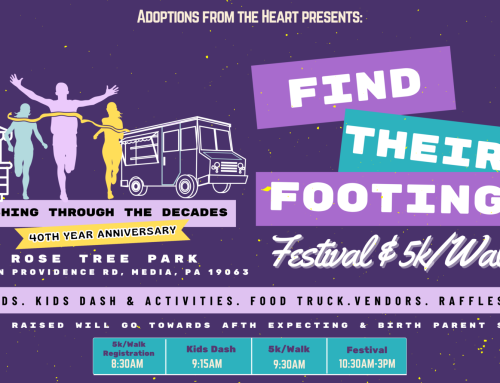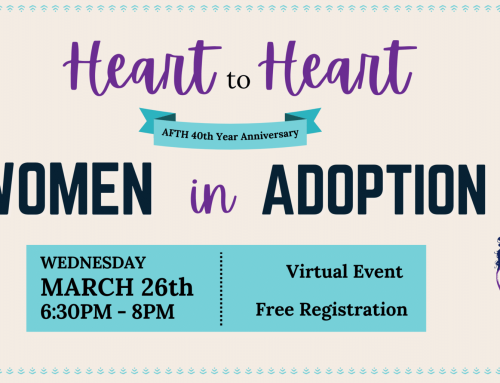The topic of suicide can be difficult to discuss but is necessary to break down stigmas and shift public perceptions about suicide. Suicidal thoughts, much like mental health conditions, can affect anyone regardless of age, gender, or background. In fact, suicide is often the result of an untreated mental health condition. Although suicidal thoughts can be common, they should not be considered normal and usually indicate more serious issues.
Unfortunately, suicide rates among adoptees are higher than non-adoptees. Adoptees are four times more likely to attempt suicide than non-adoptees. There is no easy way to talk about this topic, but we must. The burden of being adopted and everything that comes with it can be too overwhelming for adoptees at different times of their lives.
Adoption is trauma.
Existing research acknowledges that separation from one’s mother is trauma. Children separated from their mothers sometimes struggle with trust and attachment because of separation. Even children placed for adoption as infants can feel the impact of separation from their original mothers. There are many adoptive families where the parents love their children, and the children love their parents, but the children still struggle with the fundamental losses inherent to adoption.
Grief and trauma may not emerge in obvious or predictable ways. Some adoptees may have minimal struggles; others struggle for a lifetime. Openly talking about the losses in adoption, as well as the joys, is vital.
Adoptees often don’t know their medical histories.
Many adoptees do not know their medical histories, including depression and other illnesses; this means that neither they nor their adoptive parents have a complete understanding of their genetic background or family history of inheritable conditions. International adoptees often have no medical histories available to them at all, especially in cases of abandonment.
Knowledge of one’s medical and mental health history could be crucial in an adoptee’s life. A handful more allow partial or restricted access, which means adoptees have minimal access to their medical histories. More access to family history of depression or other mental illnesses, for example, could encourage preventative interventions and treatment.
Adoptees don’t want to upset their adoptive parents.
Adoptees are often expected to be happy and grateful, which can be a heavy burden at times. They don’t want to seem ungrateful with concerns about depression or what could be seen as ingratitude, though the issue of gratitude in adoption is complex.
When adoptees experience depression, especially related to adoption, they can be reluctant to tell their adoptive parents. They may act out in many ways and is part of the turbulence of adolescence. However, sometimes it can be the result of known or unknown trauma or undiagnosed depression.
Adoptees can struggle with racial isolation.
Transracial and international adoptees can face race-based crises of identity as they grow up. Their white parents may deeply love them, but if the children have no racial mirrors (people who look like them), they can feel confused about their racial identity. If they have no cultural mentor (people from the same country and culture), they can feel isolated and inadequate.
Some adoptees may feel no impact from the trauma of separation. However, some struggle with trust issues throughout their lives and can have difficulty beginning or ending relationships. Some may be challenged with depression, anxiety, and more. Something must be stressed: there is a spectrum of resilience among adopted people, but the range does not negate the need for awareness of suicide prevention. Adoptive families need to be aware of the potential difficulties, be open to thoughtful communication, and obtain effective, timely services.
As an adoptive parent, being aware of these points is essential in supporting your child. It can be a complicated conversation to have, but it is necessary to prevent untreated mental illnesses.
Resources for Adoptee Suicide Awareness
Post-adoption (international, transracial adoption)
Adopteebridge.org
Adopteehub.org
Support groups
Mnadopt.org/support-groups/
Adoptee Suicide Prevention: https://adopteesuicideprevention.com/online-resources/
Adult transracial adoptee support: https://www.suicidestop.com/
Adoptive family support: https://www.adoptioncouncil.org/
US mental health professionals that identify as adoptees and work with adoptees/adoptive families: growbeyondwords.com/adoptee-therapist-directory
National Suicide Prevention 24 Hour Lifeline: 1-800-273-8255

